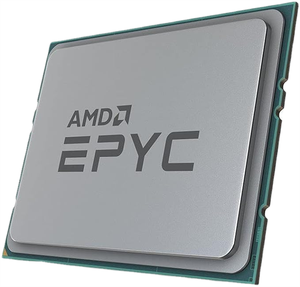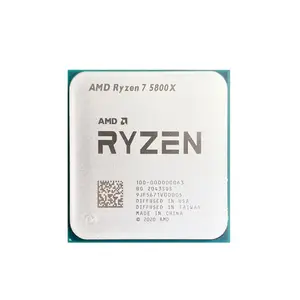Popular in your industry
















































Top categories
About processor upgrade
Many people use laptops as their go-to devices for work, school, or gaming. While laptops are popular for their portability and convenience, users often find themselves needing more power to handle the latest software and applications. This is where a laptop CPU upgrade comes into play. A CPU upgradeable laptop provides users with the flexibility to improve their laptop's performance by replacing the existing processor with a more powerful one. This allows for smoother multitasking, faster processing speeds, and overall enhanced computing experience.
Why Upgrade Laptop CPU
There are various reasons why people choose to upgrade CPUs in their laptops. One of the primary motivations is to improve overall system performance. As technology advances, new software and applications require more processing power to run smoothly. By upgrading to a more powerful CPU, users can ensure that their laptops can handle the demands of modern computing. This can result in faster boot times, quicker application launches, and smoother multitasking. Additionally, a CPU upgrade can be a cost-effective way to extend the lifespan of a laptop. Rather than investing in a completely new system, users can opt for a laptop processor upgrade to meet their performance needs. This can be particularly beneficial for users who have laptops with upgradable components, as it allows them to adapt to changing technology without having to replace the entire device. Finally, some users may choose to upgrade their laptop CPU to support specific tasks, such as gaming, video editing, or graphic design. These applications often require high processing power, and a CPU upgrade can provide the performance boost needed to run them smoothly.
How to Upgrade CPU in Laptop
Upgrading the CPU in a laptop is a more complex process than in a desktop computer due to the compact and integrated nature of laptop components. Before starting the upgrading CPU process, it is crucial to ensure compatibility between the new CPU and the laptop. This includes checking for socket type, power requirements, and thermal considerations. The upgrade process typically involves opening the laptop, accessing the CPU socket, removing the existing CPU, applying thermal paste, inserting the new CPU, and reassembling the laptop. However, the exact steps may vary depending on the laptop model. It is recommended to consult the laptop's user manual or seek professional assistance to ensure a successful laptop CPU upgrade.
Considerations for Laptop CPU Upgrade
Before proceeding with a processor upgrade, several important considerations must be taken into account. First, it is crucial to check whether the laptop is designed to allow CPU upgrades. Many laptops come with processors that are soldered onto the motherboard, making them non-upgradable. In such cases, attempting to upgrade the CPU can result in irreversible damage to the laptop. Additionally, compatibility is key. The new CPU must be compatible with the laptop's existing motherboard in terms of socket type, power requirements, and BIOS support. Furthermore, thermal considerations are important. A more powerful CPU may generate additional heat, and the laptop's cooling system must be able to handle this increased thermal load. In some cases, upgrading the CPU may void the laptop's warranty, so users should be aware of this potential consequence.

























